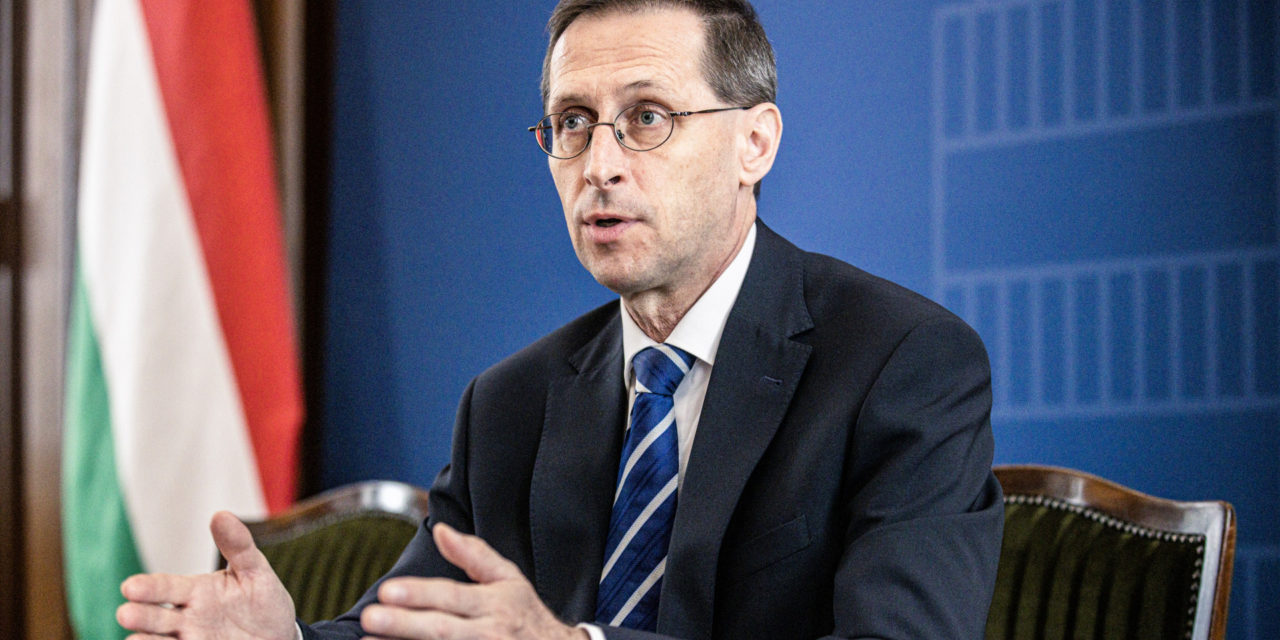According to the government's expectations, the performance of the Hungarian economy will increase by 1.5 percent this year, said Mihály Varga at a panel discussion organized by the Lajos Batthyány Foundation and the Batthyány Circle of Youth on Thursday in Budapest.
The deficit of the public finances will decrease from last year's 6.1 percent to 3.9 percent this year, and inflation will decrease to 9.2 percent by the end of the year, the finance minister said, adding that at the same time, the public debt as a percentage of GDP will be 72 in 2022. It decreases from 9 percent to 69.7 percent. Among the main goals of the government, in addition to the fight against inflation, he mentioned keeping the Hungarian economy on a growth path, maintaining a high level of employment, and reducing the risks that exist for Hungary.
The politician reminded that in 2010 Hungary was considered one of the ten riskiest countries in the world, and by 2019 it had become the fastest growing economy in the European Union. At the same time, Hungary was able to maintain economic growth in the past period in such a way that, unlike other member states of the Union, it has not yet received the funds of the post-pandemic recovery program, the Minister of Finance pointed out.
In other words, the European Commission is also hindering the improvement of the competitiveness of the Hungarian economy by withholding funds and efforts to introduce a minimum tax, said Mihály Varga. The increase in inflation was explained by the increase in demand following the pandemic, the rising energy prices following the outbreak of the Russian-Ukrainian war, and the failed EU sanctions, the finance minister explained. He added that, at the same time, energy prices are already falling this year, export markets are starting to recover, so it is expected that by the end of the year, the rate of monetary deterioration will decrease to single digits.
Source: Mandiner/MTI
Image: Portfolio.hu












